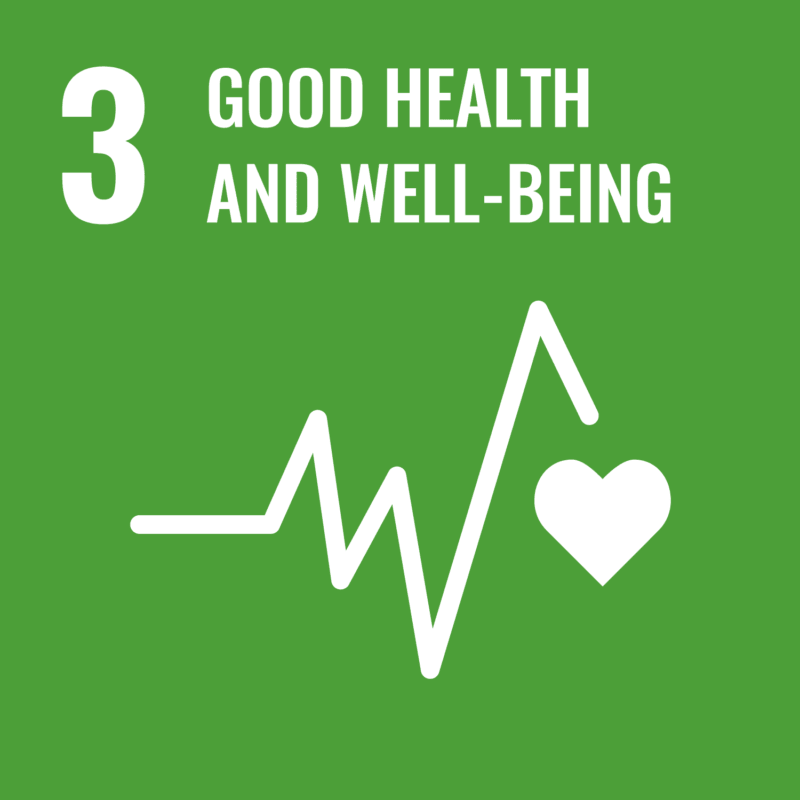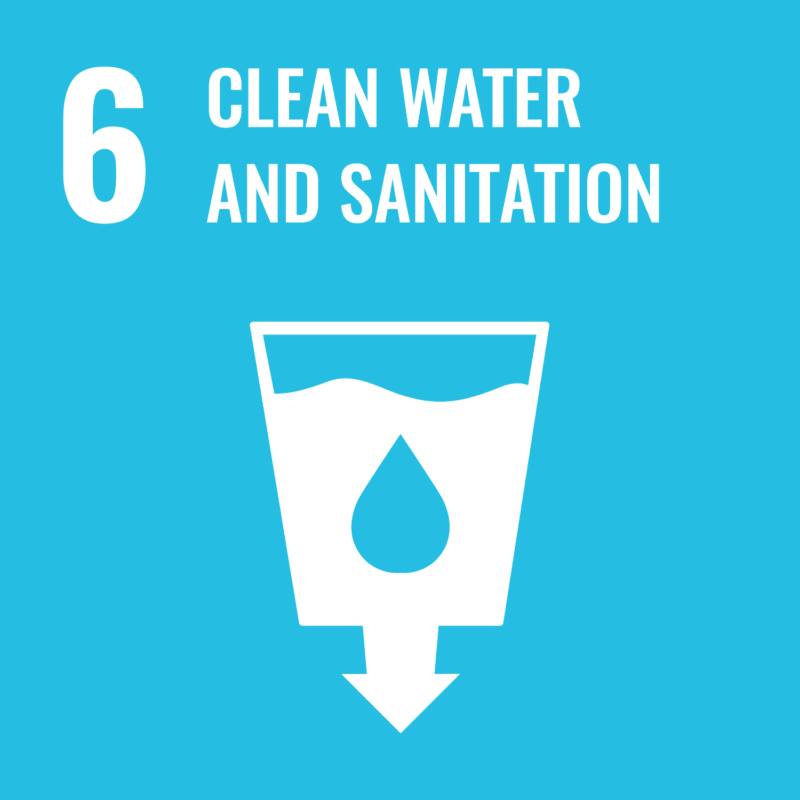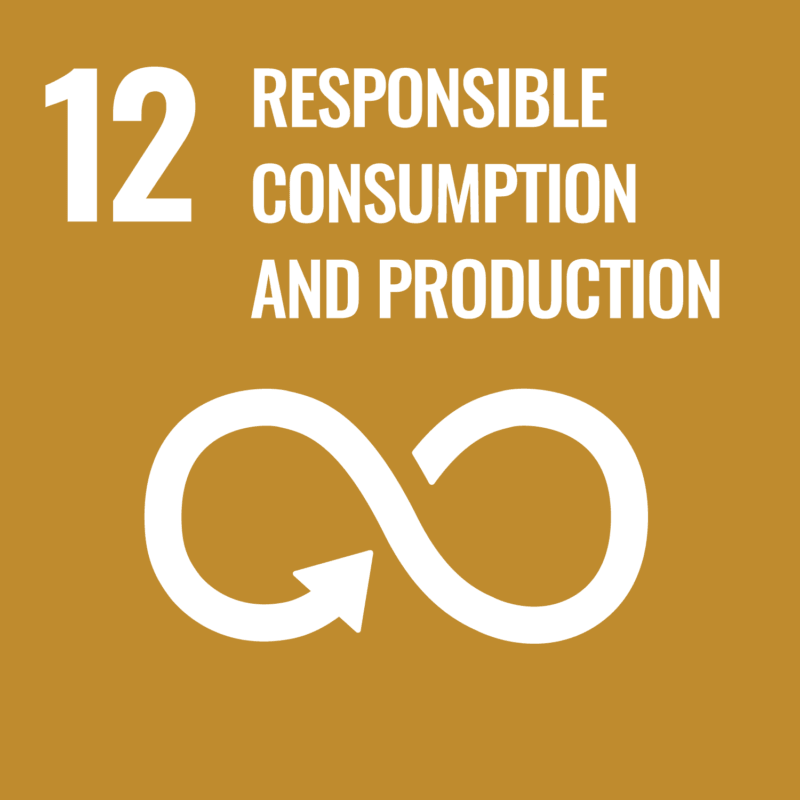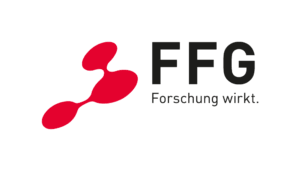The lack of access to clean drinking water remains one of the greatest challenges facing humanity in the 21st century. Almost 10% of the world’s population still has no access to clean water, with an estimated mortality rate of around 2 million people per year. This can be avoided by improving water quality through proper disinfection.
So how can people with different realities of life gain better access to clean drinking water? There are various chemical and physical options for disinfecting drinking water, and UV disinfection is an effective technology for inactivating pathogens in water. An alternative to conventional UV mercury lamps is an innovative UV source, the UV light emitting diode (UV LED). While scientific interest in UV LEDs is constantly increasing, there are still few studies on their effectiveness in disinfecting a wide range of water qualities. In addition, there are major differences between countries and sectors in terms of hygiene requirements.
Project Goals
The main aim of the project is to set up a network of experts under the leadership of the OFI to drive forward new developments in water disinfection using sustainable UV LED reactors. As part of the research project, an innovative UV LED reactor is to be developed that is used at the point of use. This improves the water quality directly at the location of the water use, even in remote regions. An intelligent control system uses a sensor to measure the turbidity of the water. This digitally recorded turbidity data is used to automatically switch on a pre-filter and issue a warning signal. Thanks to this smart control system, the reactor should work effectively with different types of water. The sustainability of the system is ensured by its reparability and the use of recyclates, among other things. Energy consumption is also lower compared to conventional systems, which reduces operating costs and environmental impact. The reduction in energy consumption and the use of mercury-free UV LED modules can be seen as an important step towards climate neutrality. The project also places great emphasis on providing SMEs with access to external know-how and improving their ability to innovate.
Funding: COIN KMU-Innovationsnetzwerke 2023
Project consortium:
Lead: OFI Österreichisches Forschungsinstitut für Chemie und Technik
Gombas C&E GmbH
In cooperation with Lumitech Lighting Solution GmbH




